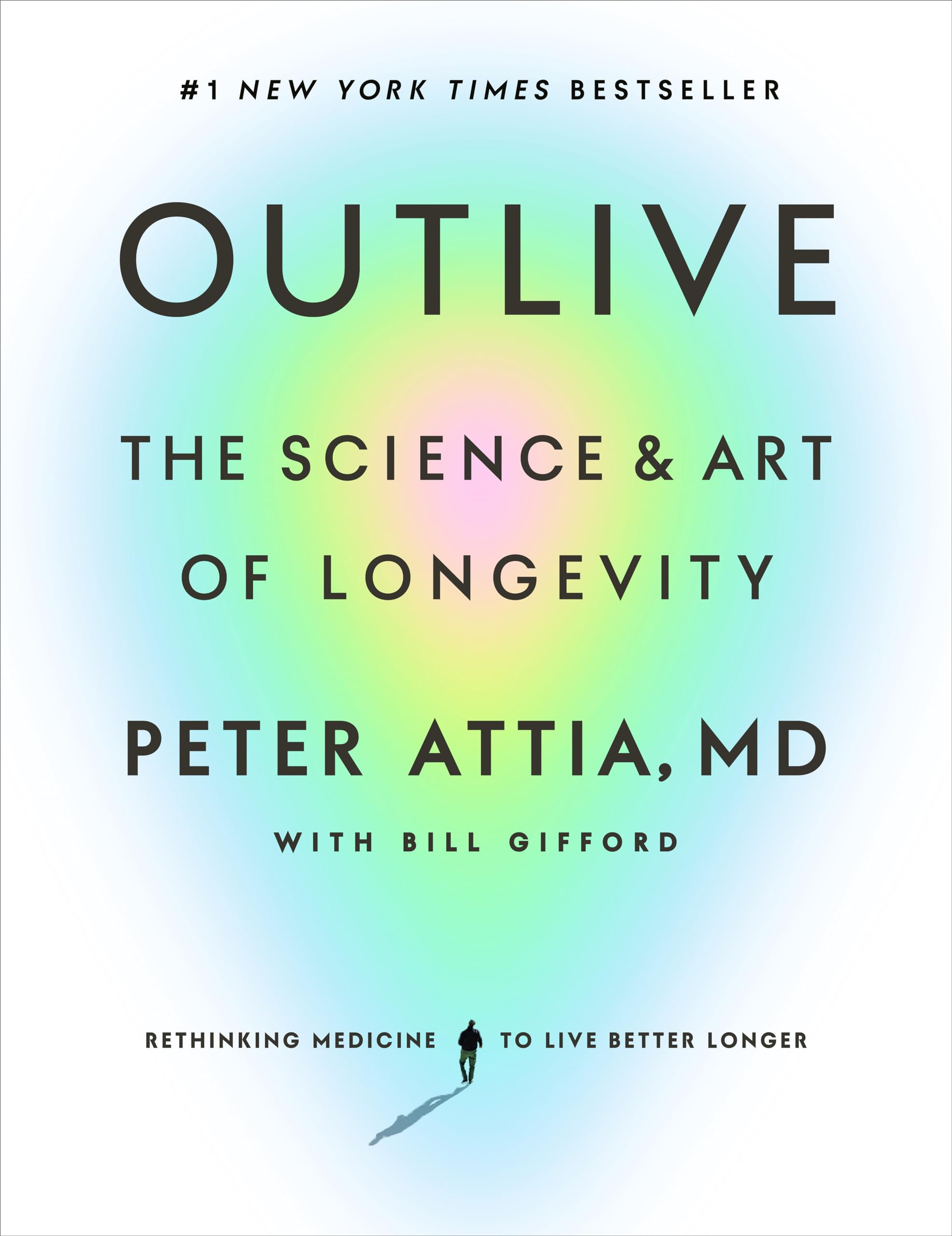Chapter 16: The Awakening: How to Learn to Love Sleep, the Best Medicine for Your Brain
byChapter 16 underscores the essential role that sleep plays in mental clarity, emotional balance, and long-term physical well-being. The chapter opens with a gripping account of the author’s personal experience during medical residency, where severe sleep deprivation led to dangerous lapses, including nearly falling asleep while driving. This alarming incident serves as a reminder that exhaustion is more than just a feeling—it has real-world consequences that can endanger lives. Many people assume they can function effectively on minimal rest, but scientific research continues to demonstrate that prolonged sleep deprivation leads to serious health risks. Rather than being a passive state of inactivity, sleep is an active process that rejuvenates the brain and body, allowing for optimal performance in daily life.
One of the central themes explored in this chapter is the flawed cultural mindset that equates sleep with laziness, particularly in high-pressure professions. The author reflects on the ingrained medical tradition of working excessively long shifts, where admitting the need for sleep is often perceived as weakness. Initially, he subscribed to the common belief that cutting back on rest was a necessary sacrifice for productivity, but over time, he came to understand the damaging effects of this mindset. Research has shown that chronic sleep deprivation impairs memory, reduces cognitive function, and weakens the body’s ability to fight illness. Beyond cognitive decline, sleep loss disrupts critical biological processes, including hormone regulation, metabolic balance, and cardiovascular health, all of which contribute to long-term well-being.
The book goes on to explore the intricate science of sleep, breaking down how different sleep stages impact the body’s ability to heal, regulate emotions, and consolidate information. Deep sleep plays a key role in cellular repair and immune function, while rapid eye movement (REM) sleep is crucial for emotional processing and learning. The author discusses how neglecting proper rest not only leads to poor concentration and irritability but also increases the risk of life-threatening conditions such as heart disease, diabetes, and Alzheimer’s. At one point, a simple yet profound question about the evolutionary necessity of sleep prompts the author to reconsider his own unhealthy habits. This realization marks a turning point in his understanding, leading him to adopt healthier sleep patterns and recognize the direct impact rest has on personal and professional success.
Practical strategies for improving sleep quality are another major focus of the chapter, with the author sharing scientifically-backed methods for optimizing rest. Recommendations include creating a relaxing pre-sleep routine, keeping a consistent sleep schedule, and making environmental adjustments such as reducing artificial light exposure and maintaining a cool, dark sleeping space. The importance of managing dietary habits is also emphasized, particularly the need to limit caffeine and alcohol intake, as both substances interfere with the body’s natural circadian rhythms. Additionally, the author discusses the role of exercise in promoting better sleep, explaining how physical activity—when timed correctly—can help regulate energy levels and support deeper rest. He also touches on pharmacological and behavioral therapies for those experiencing chronic sleep disorders, stressing that solutions should be tailored to individual needs rather than relying on quick fixes.
By the end of Chapter 16, the message is clear—sleep is not a luxury, but a fundamental pillar of long-term health and performance. The book challenges readers to shift their perspective and view rest as an investment in their overall well-being rather than an obstacle to productivity. Instead of glorifying exhaustion, society should place greater value on sleep as a form of preventative medicine, essential for sustaining both mental sharpness and physical vitality. The author urges individuals to reassess their sleep habits, emphasizing that prioritizing rest leads to better decision-making, stronger immunity, and an improved quality of life. Ultimately, those who embrace the power of sleep will unlock higher levels of energy, resilience, and overall life satisfaction.


